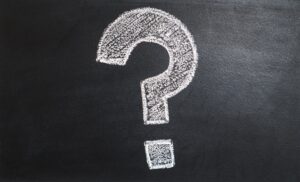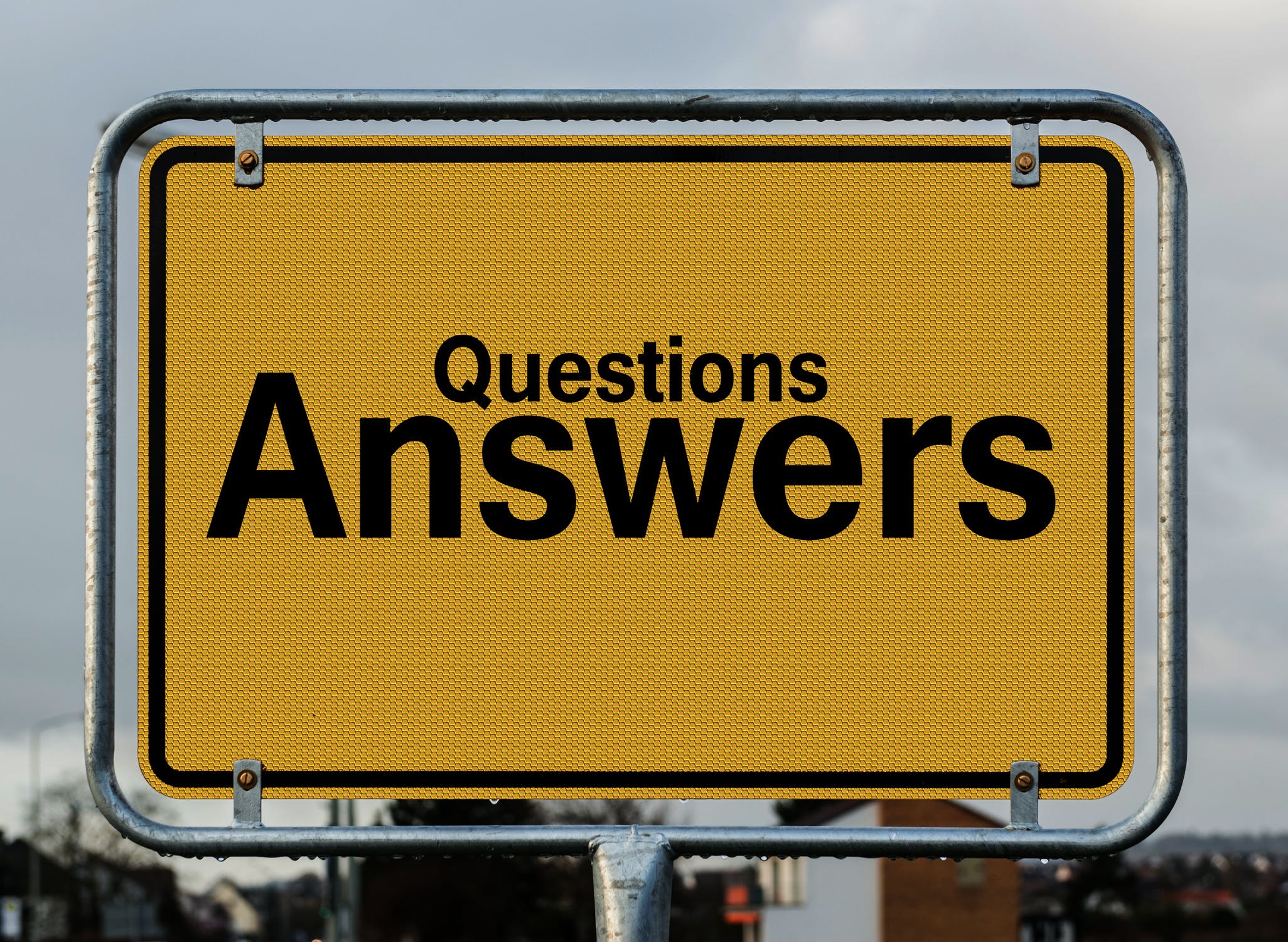Discussing age in French can get quite tricky. Not because of the grammar, rather culturally. Raising this question can be considered impolite in many cultures.
Following this handy guide will get you to speak safely and confidently about age in French.
Is it a good idea to ask?
Age is a sensitive topic for many people, and French people are no exception. Is it a good idea to ask, will depend on how well you know the person.
Asking someone’s age is not a good idea unless you know them very well. Especially if you’re a man, it is considered disrespectful to ask a woman about her age.
If you are still curious, use a highly formal form, such as.
Est-ce que je peux me permettre de te demander ton âge ?
May l allow myself to ask for your age ?
How to Ask
First, you need a verb. We know your first guess is you’ll need the verb “to be”.
However, the French use avoir when telling their age. You probably remember that avoir means “to have.”
It means you’re literally saying, “What age do you have?” and it can take some time to remember using “to have” instead of “to be”.
The first step to getting this right is memorizing the irregular conjugations of avoir:
J’ai — I have
Tu as — You have (singular and informal “you”)
Elle/il/on a — She/He/One has
Nous avons — We have
Vous avez — You have (plural or formal “you”)
Elles ont — They have ( all-female group)
Ils ont — They have ( all-male or a mixed-gender group)
Let’s take a look at the example
J’ai vingt ans.
I’m 20 years old.
Analyzing the sentence, you’ll notice a pattern.
Subject pronoun + avoir in Present Simple Tense + age in numbers + ans
Remember not to forget the word “ans” after telling the number. It may not be an important thing in English, but it is in French.
Asking Questions Informally
Unlike affirmatives, questions in French reverse the order of the verb and a pronoun at the end of the sentence. Do not forget to include the dash between the two. When addressing someone informally in French, it means using tu.
How old are you? ( Informal tu form)
Elle a quel âge ?
How old is she (the street French )
Asking Questions Formally
Quel âge avez-vous?
How old are you? ( Formal vous form)
Quel âge a-t-il ?
How old is he ? (formal way of asking)
Notice how the verb (in this case, as or avez) comes before the subject tu or vous.
How to Answer
J’ai 28 ans.
(I have 28 years = I’m 28 years old)
Il a 16 ans.
He is 16 years old.
Vous avez 21 ans.
You are 21 years old.
Elles ont 45 ans.
They are 45 years old.
It’s a good time to renew some French numbers.Count in French from 1 to 100
French Adjectives: Old and Young
If you had to be careful not to offend anyone when asking for their age, then labeling a person as old, should be also on your cautious list.
You are pretty much safe to describe anything else, as old. Let’s hope cars don’t get offended.
Between the examples, you’ll see only vieux, jeune and âgé are adjectives. The rest of the list contains expressions.
Note the different forms French adjectives take in front of a masculine and feminine nouns. The third form vieil is used for both masculine and feminine nouns, beginning with a vowel (a,e,i,o,u)
vieux/vieil/vieille – old
Il est vieux. Elle est vieille. Un vieil arbre.
He is old. She is old. An old tree.
We use the adjective âgé to describe an elderly person. This adjective is considered more polite than vieux, vieille.
âgé(e) – old
The additional (e) in this case means, that the letter is added to all feminine nouns.
French will often say, referring to an older person.
C’est une personne âgée.
It’s an older person.
See how the adjective got an additional e at the end, just because the noun is feminine. This is a general rule for all feminine adjectives.
Luckily, the adjective jeune takes the same form for both genres.
jeune – young
Look at the example.
Il est jeune. Elle est jeune.
He is young. She is young.
To tell somebody is not old, nor young, you can use the following expression.
d’age moyen – middle-aged
Il est d’age moyen.
He is a middle-aged man.
The French way to Say: When is Your Birthday?
Quand est ton anniversaire ?
When is your birthday?
But you’ll also hear it like this.
C’est quand ton anniversaire ?
When is your birthday?
To inform when your birthday is, you’d simply say.
“Mon anniversaire est le…” followed by the date.
(Remember to express the date with the exact day, then the month.)
Let’s say your birthday is July 12. You would say:
“Mon anniversaire est le quatorze juillet.”
To expand your vocabulary, read 30 French Words For Age Stages
Now Go Out There and Ask
You are now all ready to ask (when appropriate) and answer, this very common question in French. “How old are you?’ is one of the basic questions when learning French and it appears right at the start. Knowing how to ask and answer this question, means you are handling well the verb avoir and French numbers.
Your progress is noticeable, and you should give yourself a good pat on the shoulder.

